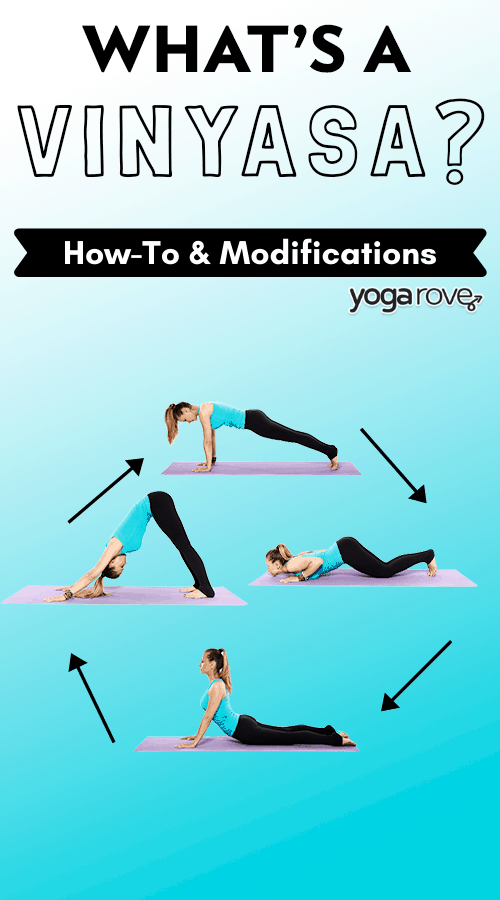
Yoga twists offer many more physical benefits than just their physical appearance. They are beneficial for the mind as they can help to focus on the breath and centering. A typical twist involves compressing your organs and pushing out blood full of toxins and metabolic by-products. Once the twist is released fresh blood flows in carrying oxygen and building blocks to tissue healing. You can improve circulation by performing yoga twists. This will help your body stay focused and centered throughout any activity.
While performing a twist, you must also focus on maintaining your balance. The main goal of the pose is to keep your torso as straight as possible and avoid rounding your back. Practicing a seated twist while keeping your shoulders erect can help you relax. Similar to a supine turn, you need to keep your spine curvy and lengthening. A balanced yoga pose requires deep breathing and balance.

Your flexibility is enhanced by twisting. Healthy spines are essential for a healthy body. More blood flow improves the ability of your muscles to absorb nutrients and heal faster. It is important to pay attention to your alignment while you are in a yoga position. It is vital to have the right hip alignment in order to attain the perfect alignment. Yoga instructors should be able to explain the correct technique and proper twisting techniques to you.
A good way to learn how to twist is to practice correctly. Keep in mind that twists can be asymmetrical so it is important to align your body correctly. It is best to seated twist with your feet on the ground. You can also sit on a blanket or block if you have a rounding lower back. If you have a round back, it is advisable to begin the twist from your lower spine. This will make the twist appear less prominent and prevents the neck from doing all of the work.
For the beginning student, twisting is easy, but it can be a little uncomfortable. It is not unusual to feel pain during a yoga class. It's important that you take it slow and build up your practice. As you learn the basics of yoga you will soon notice a stronger core and improved flexibility. As you get more comfortable with yoga, you'll find it easier to perform twists which will improve your posture.

Before you can move to more complex twists, first practice standing and sitting versions of yoga to open up your spine. As you gain experience, your crown and tailbone can be extended to the ceiling. Before you move onto the next pose, ensure that your alignment is correct. While you are practicing standing or seated, be aware how your pelvis is aligned.
FAQ
How can you improve your wellbeing?
A person's well-being can be defined as their "state of mental, physical, spiritual, or social well-being". Our well-being is affected by many factors, including family, work and health. Your first step in improving well-being and your quality of life is to identify which areas need improvement. Next, change these things to improve your well-being.
Here are five easy ways to improve your wellbeing
-
Exercise - Exercising makes you happier.
-
Sleep – A longer sleep time reduces stress and anxiety.
-
Nutrition - Healthy eating (such as fruits, vegetables and meats) can improve your mood.
-
Meditation – Meditation reduces stress and anxiety.
-
Socialization: Spending quality time together with our families and friends makes us happy.
What causes mental health problems in adolescents?
Adolescence is when we develop our identities. We begin to figure out who we are as individuals and where we fit into society.
We also make new friends and develop romantic relationships during this time. These experiences can cause stress.
Normal stress is normal. However, if you feel stressed beyond your usual levels, you should seek professional help.
Although you might believe you are capable of handling things on your own, sometimes you need to talk to someone else.
Support can come from family and friends during stressful times. They can also help you learn ways to deal with stress.
For example, you could take up exercise or meditation. Both of these activities can help to reduce stress.
You could also join a church or sports team. You'll meet new people, make new friends.
What affects my mental health on my relationships and friendships?
Your mental well-being has a direct impact on all aspects of your life. It can affect your ability and willingness to work at all levels. A mental illness can make it difficult for you to have meaningful relationships.
It's easy for people to judge you when you have a mental illness. You may even avoid social situations because you feel like no one understands you.
It's important to remember, however, that people want to be with you. They just need to learn how to approach and approach you.
So, if you're having trouble connecting with others, try talking to them about your feelings. Tell them how you're feeling and ask them for their advice.
What are some examples?
Any condition that causes distress or impairment to functioning is called a mental disorder. Anxiety, depression, schizophrenia, borderline personality disorder and obsessive compulsive disorder are all examples of mental disorders.
Statistics
- More than 40 million adults in the United States have an anxiety disorder, but less than 37% of people seek mental health treatment for their symptoms. (talkspace.com)
- It means no drinking any alcoholic beverages and no taking any drugs that aren't 100% natural.
- Neuropsychiatric diseases are the leading cause of death and disability in the U.S., accounting for 18.7 percent of all years of potential lifespan loss and premature mortality.
- According to the National Alliance of Mental Illness (NAMI), one in five Americans experiences mental health issues which translates to more than 40 million adults a year. (doctorondemand.com)
- Appropriate nutrition and exercise are likely among the most efficacious and cost-effective positive mental health interventions. (ncbi.nlm.nih.gov)
External Links
How To
How to find out if you should seek the help of a mental health specialist
To determine whether you need to seek professional assistance, some signs should alert you to the possibility that your problem might require professional attention. You should consult a doctor immediately if you see any of these warning signs.
-
It feels like you are losing control of your life.
-
You've been having trouble sleeping.
-
Concentration can make your mind race.
-
You find yourself thinking about suicide.
-
It is difficult to believe in your own ability to make it through.
-
You feel like you don't have enough.
-
You are losing interest in the things you once loved.
-
You've stopped eating.
-
You are now withdrawing.
-
You may have used drugs or alcohol to manage stress.
-
You have begun to lose friends or family members.
-
Other physical symptoms include headaches, stomachaches and backaches, as well as chest pains.
In conclusion, if you notice any of these signs, then it is crucial for you to see a doctor right away.